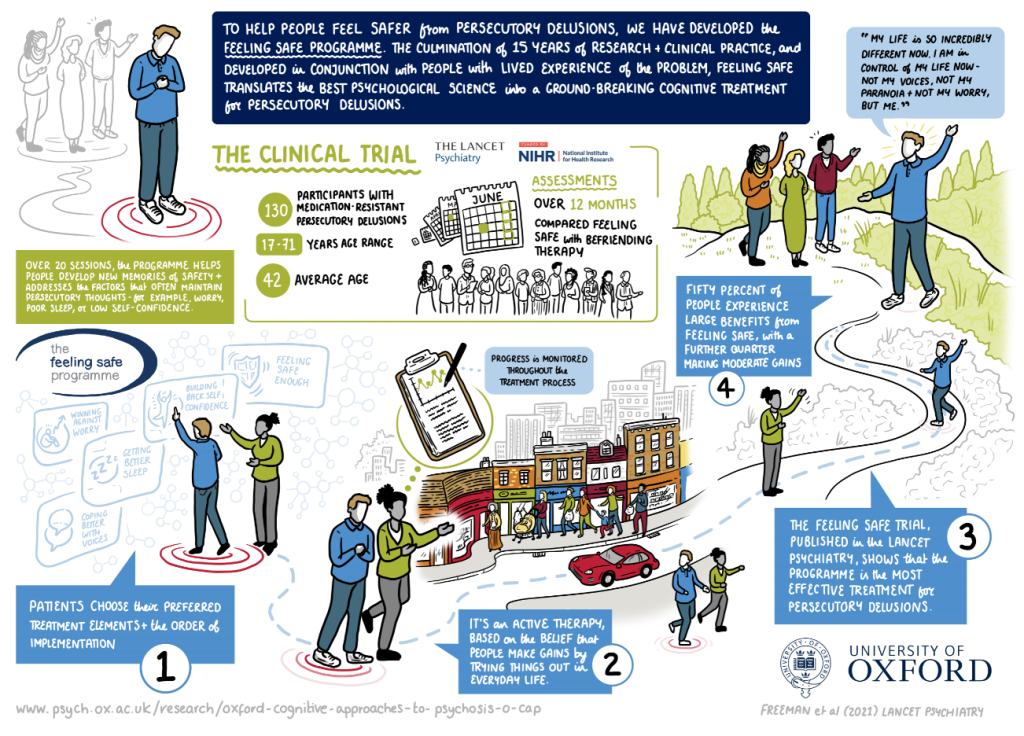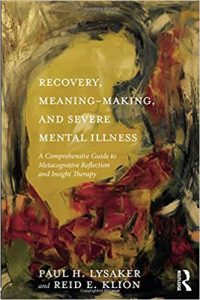Commonly, psychosis is explained to people as being a medical condition. But it is not diagnosed by any medical test: instead, people get identified as being “psychotic” when they speak and act in ways that appear extremely confused and/or out of touch with what the rest of us perceive as reality.
There are medical conditions that can cause psychosis, such as Huntington’s or Parkinson’s disease. But reasoning that all cases of psychosis are caused by a medical problem does not appear to be justified. Instead, it appears that psychosis commonly results from reactions to life events, especially adverse life events.
It is also common for people to be told that recovery from psychosis will require medical intervention, in particular, a class of drugs that have been called “antipsychotics.” People are even told that psychosis is the result of a “chemical imbalance” and that the drugs will correct it, like “insulin for diabetes.” But outcome studies find that many people recover without using such drugs, and long term studies suggest that recovery may even be more likely on average when people avoid long term use of the drugs. And they definitely do not function “like insulin for diabetes.” Insulin always brings blood sugar down, but “antipsychotics” often fail to reduce psychosis, and in some trials they do no better than placebo. And for some people, antipsychotics may even cause psychosis!
Many professionals recognize that the reality of psychosis and even of the longer episodes of psychotic problems that get labels like “schizophrenia” is much more complex than the medical stories and theories, and they talk about this amongst themselves, but then still give simplistic medical explanations to their patients. One purpose of this appears to be to convince their patients to stay on medications, but the end result is to sell people on medications under false pretenses, and to interfere with people making informed choice.
I was recently invited to give a talk at my local community college about the nature of psychosis. I’m posting it here as an example of how to talk about psychosis in a balanced and honest way, and in a way that sets the stage for understanding and recovery. If you like it, please do share it with others!






